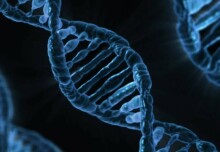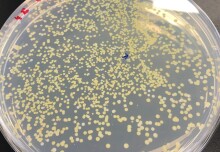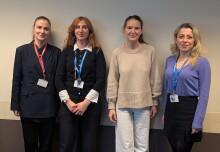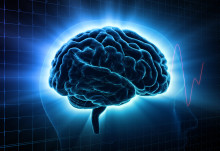

regulatory DNA looping
Human genetics provides clues to why DNA regulatory regions get ‘loopy’
New research from the MRC Laboratory of Medical Sciences (LMS) has shed light on how regulatory regions of DNA switch on genes located far away.











